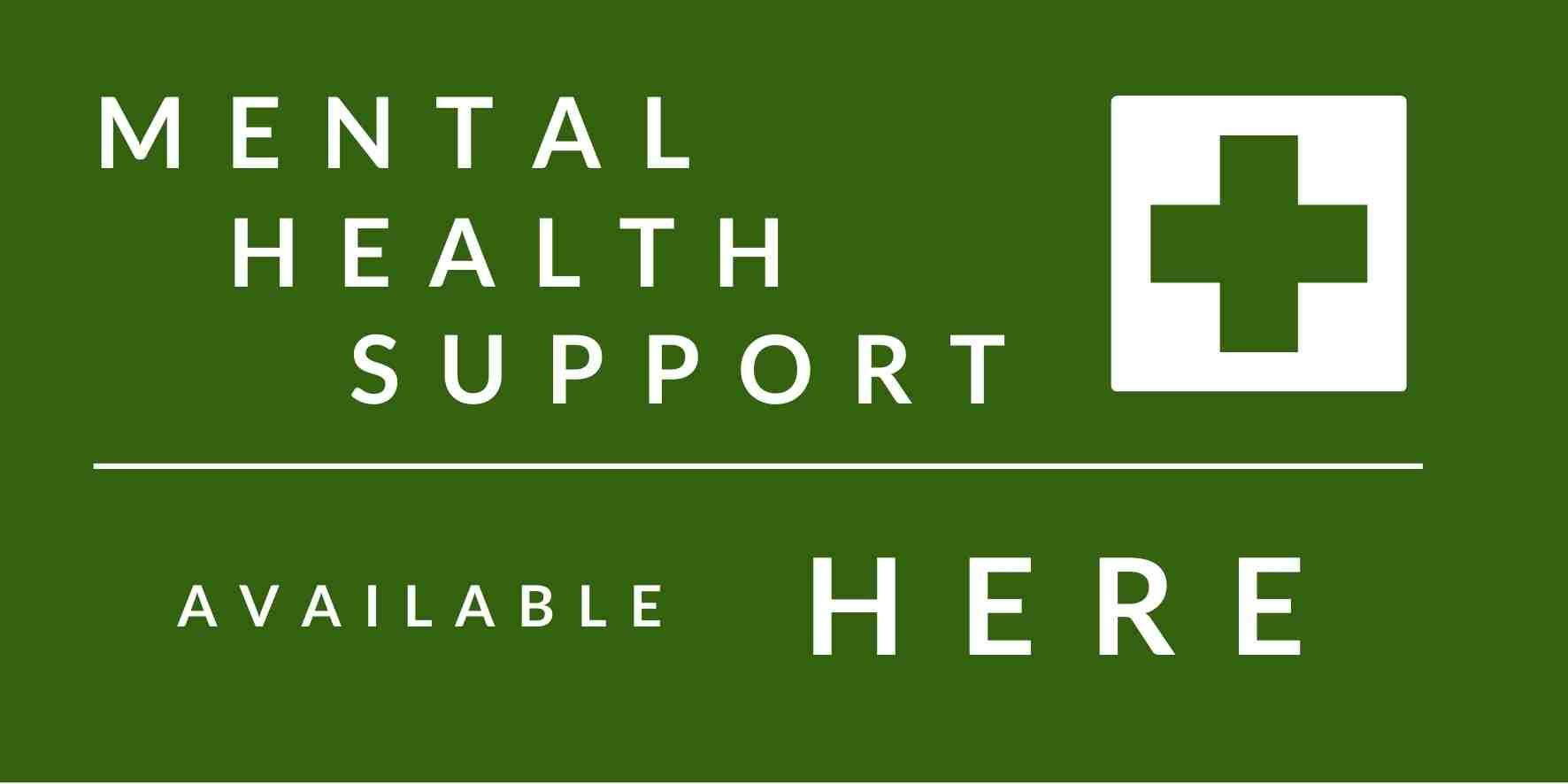7) Stigma & Discrimination
Stigma can been seen as a significant barrier to acknowledging poor mental health - either one’s own, or in others. Due to the perceptions people hold about mental health, stigma often stops people seeking the help and support they might need in order to recover.
Stigma is the disapproval or negative attitude towards a person, group, or community based on their cultural background, personal or physical characteristics, or membership to a specific faith or belief. Stigma leads to discrimination, which is the prejudicial treatment towards an individual or group on the basis of these characteristics or affiliations.
There are also concerns that stigma leads to people with poor mental health receiving second-class physical healthcare too.
The effects of stigma
People often report that the stigma they experience over mental illness hurts and upsets them more than the actual illness. Stigma prevents people from seeking help, and can impact a person’s relationships, life opportunities, work opportunities and day-to-day activities including access to relevant support services.
The Equalities Act 2010
Protected characteristics covered in the Equalities Act 2010 are: Age, Disability, Race, Religion, Gender & Gender reassignment, Marriage & Civil partnership, Pregnancy & Maternity, and Sexual orientation. Public services have a duty to address inequalities associated with these characteristics.
The Act also protects a person who has a physical or mental disability within education, employment, access to facilities, and access to goods and services.
→ It is illegal for employers to treat their employees or job applicants less favourably due to a mental health condition.
